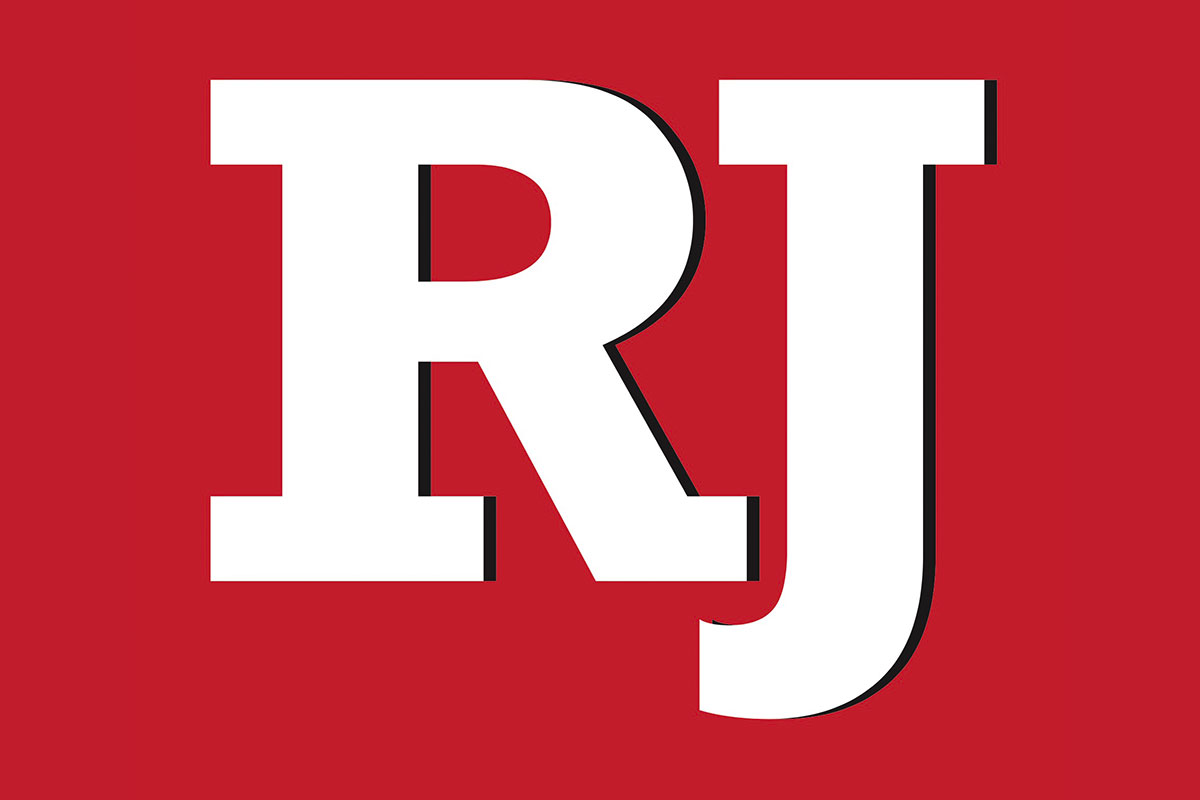Mark Wahlberg is a film star, a recent Las Vegas resident and the face of a studio fortress currently being determined by the Nevada Legislature. If it works out, the A-lister and tireless entrepreneur will be a partner in a massive Sony Studios project in his home city.
“Mark has the opportunity to be a direct owner in the studios, and we have made that abundantly clear from the very beginning,” Howard Hughes Holdings CEO David O’Reilly said last week during a chat at Harlo Steakhouse & Bar in Downtown Summerlin. “He is a strong advocate and believes deeply in the talent that exists here.”
Wahlberg was in London at the time, location filming for “Family Plan 2,” some of which is also being shot in Nevada. Much of 2023’s “Family Plan” was filmed in Las Vegas. A bit of “Flight Risk” was also filmed in the area, Mesquite Airport specifically.
Even as he’s been filming fight scenes on double-decker buses in London, Wahlberg’s influence is being felt in Vegas.
“Mark hasn’t stopped texting me,” O’Reilly said. “He doesn’t take a minute off. He’s up at three o’clock in the morning, he prays and works out, and then goes to work.”
Senate Bill 238 was introduced at the Legislature this week, one of two bills involving film-studio development in Southern Nevada. Sony and partner Howard Hughes are offering about 31 acres of land in Summerlin to the proposed studio project. The proposed site is Flamingo Road, east of Town Center Drive.
The bill would deliver $80 million in annual transferable tax credits for 15 years beginning in July 2028, provided the project reaches the required $400 million investment.
The Sony-Howard Hughes proposal is one of two bills being considered at the Legislative session. Assembly Bill 238 was introduced alongside Senate Bill 220, aka the Nevada Film Infrastructure, Workforce Development, Education and Economic Diversification Act.
The bill would provide $83 million in transferable tax credits for 15 years, at UNLV’s Harry Reid Research and Technology Park in southwest Las Vegas. The MBS Group is the partnering studio. The company operates more than 30 studios, and provides production services to more than 100 studio locations, in L.A., New York, Vancouver and London, among other industry destinations.
Either of these proposals would send a seismic shock through the region’s entertainment work force. Carpenters, set designers, costume designers, makeup and hair stylists would be in high demand. Ten sound stages, a 2-acre back lots, office facilities, wood- and metal-working shops, production bungalows and commissaries would be built for the Sony Studios project.
Wahlberg and studio officials have estimated the project would create up to 15,000 permanent jobs.
“You go down the list, and the average wage of these primarily union workers is almost double the size of existing median salary in the Las Vegas Valley,” O’Reilly said, referring to estimates salaries for these positions run about $100,000 on average. “We have an incredible advantage, in terms of luring talent to come here to film, rather than Louisiana, New Jersey, Australia, Atlanta. And it’s not just the proximity. It’s a talented workforce that exists here already.”
An arts confab
The event at Harlo was a dinner kicking off the first National Arts Advocacy Summit, organized by the national arts foundation The Creative Coalition Summit, which was held Feb. 13-14 at Red Rock Resort. O’Reilly was seated alongside The Creative Coalition President Tim Daly, nominated for an Emmy for Outstanding Guest Actor for his role as drug-addict/screenwriter J.T. Dolan on “The Sopranos.” Daly was also cast as Joe Hackett on “Wings,” and Pete Wilder on “Private Practice.”
About 500 invited, industry hotshots took part in the summit, otherwise closed to the public and media coverage. Actors LeVar Burton, Amy Brenneman, Harry Hamlin, Peri Gilpin, Dulé Hill and Richard Kind were among the acting community taking part in the brainstorming sessions.
Daly is taking the fight for the arts to D.C., to generate public support of the arts. Securing tax dollars for arts initiatives is a massive effort, to put it mildly.
“It’s our mission to sort of protect and defend the arts is a basic human need, and it’s a difficult task, because the narrative about the arts in the United States is off,” Daly said. “Too many people see it as a luxury, like dessert, not part of the main course.”
Daly pointed to the “emotional and psychological value of the arts, which teaches compassion, empathy and expands your imagination.” He also emphasized, “Those are things that are sort of ephemeral, hard to pin down. But the reality is that arts are a huge driver of our economy.”
After the event, Daly said in a statement, “Our summit laid the groundwork for a powerful executive strategy that we will take to the White House and Capitol Hill in April. Together, we identified key initiatives for The Creative Coalition to drive a national arts advocacy agenda—launching a nationwide public service campaign, expanding community outreach, and enlisting business leaders from across industries to champion the arts.”
John Katsilometes’ column runs daily in the A section. Contact him at jkatsilometes@reviewjournal.com. Follow @johnnykats on X, @JohnnyKats1 on Instagram.

